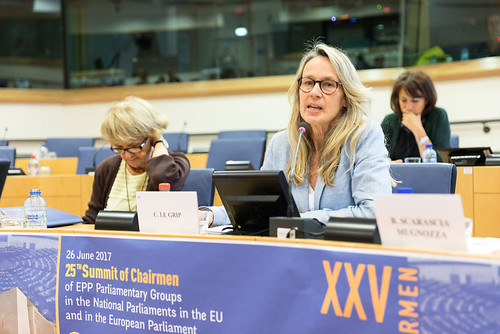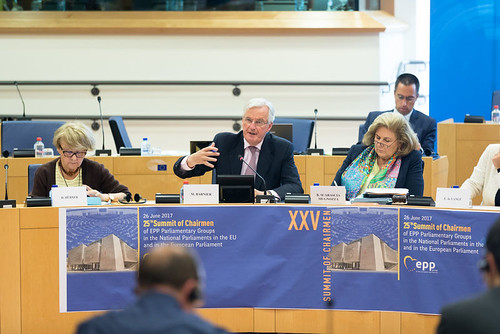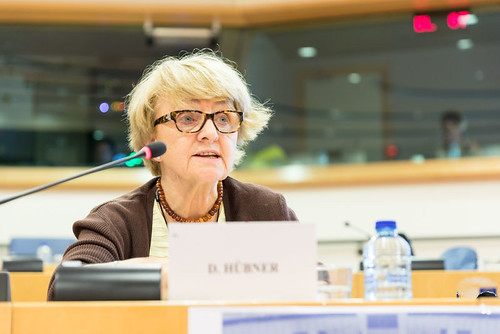The United Kingdom has communicated its decision to withdraw from the European Union, in accordance with Article 50 of the Treaty on European Union. This day is both a regrettable and a long-awaited moment after the UK referendum of 23 June 2016. The European Parliament regrets the decision taken by the people of the United Kingdom to withdraw; however, we absolutely respect it. After months of waiting, the negotiations can finally begin. This is crucial to put an end to the uncertainty for both parties, and in particular for a large number of citizens and businesses both in the UK and in the EU 27 Member States.
The withdrawal process is unprecedented in the European Union, and there is no available script for how this process will take place. However, the European Union is a mature legal order, subject to rules, principles and values developed over the course of 60 years of integration. These rules, principles and values are recognised and largely shared by both parties’ constitutional and legal orders, and must constitute the necessary parameters of the coming negotiations and withdrawal.
The European Parliament, and its Committee on Constitutional Affairs in particular, will carry out their specific roles to the fullest extent. We will use all available tools in ensuring that the fundamental constitutional and institutional issues in the withdrawal are thoroughly and effectively addressed. We will be particularly attentive to the rights of EU citizens in the UK and of UK citizens in the EU, and to the guarantee of the unity and integrity of the Union. As an institution representing all citizens of the Union, the Parliament is also attentive to the citizens of the UK who voted to remain in the EU, as well as those living in areas of the UK that have overwhelmingly voted to remain in the EU. The European Parliament is also mindful of the need to ensure continuity and stability of the Northern Ireland Peace Process and to avoid the re-establishment of a hard border between the Republic of Ireland and Northern Ireland.
We must also not lose sight of the special relationship that the Union and the United Kingdom should establish. The United Kingdom has now been a Member State for more than 40 years, and should continue to be an important partner of the Union in the future. We expect the negotiations to develop in the best interests of both parties and of the peoples of Europe, to whom we are accountable.







 Przejdź do kalendarza
Przejdź do kalendarza






